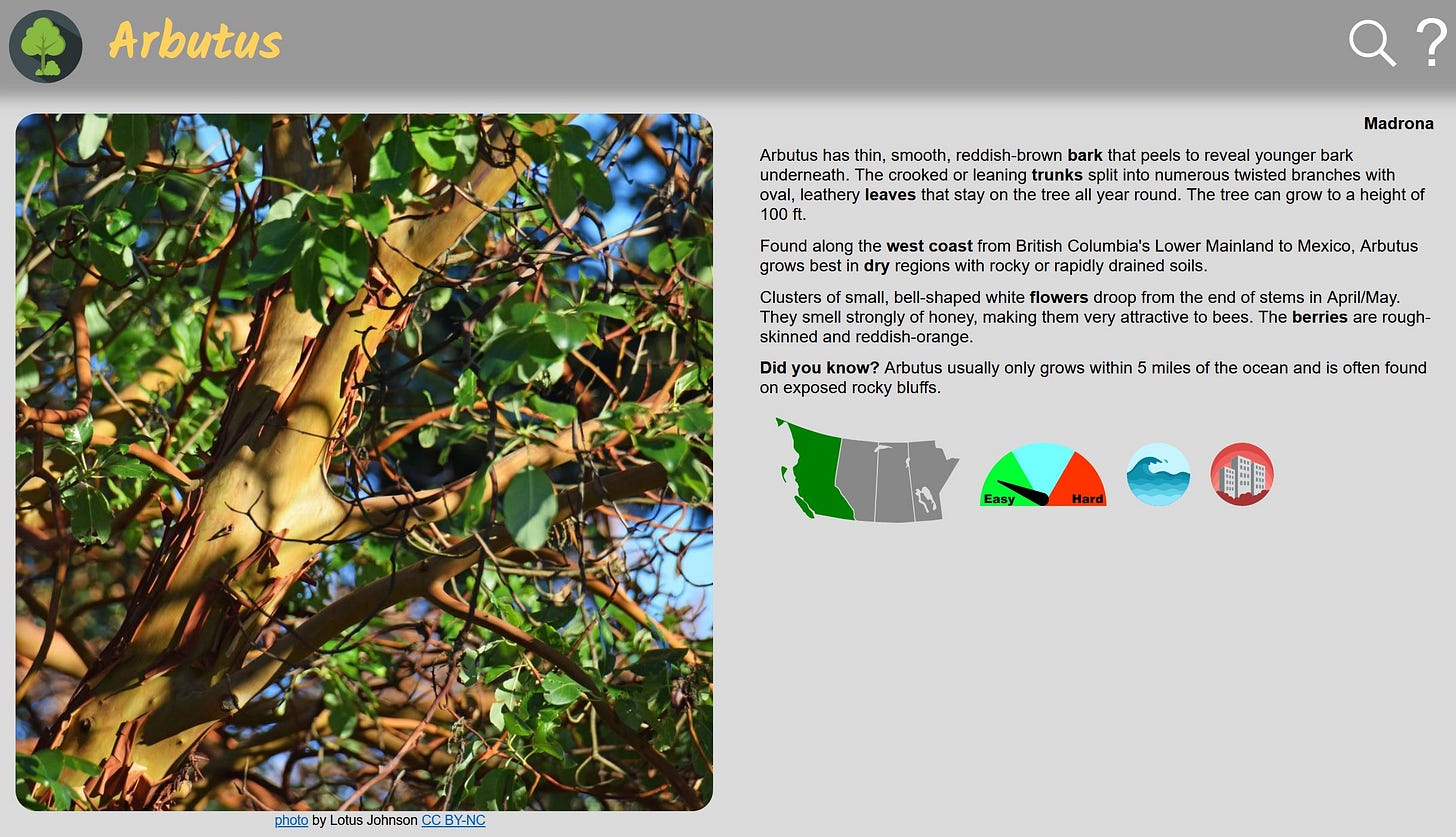Footnotes to a Conversation, November 15, 2021
The movers were 2 days late and the apartment is cluttered with boxes, both full and empty, but I look out the window and there’s a cherry tree in blossom – this was definitely a good move! There are apparently some cherry trees that flower twice a year in spring and fall. [A Full Guide to Autumn Cherry Trees]
Food & Culture
Chef Jenni is part of a group that has developed an Indigenous food menu for Saskatoon hospitals. The menu items include local ingredients such as wild rice from northern Saskatchewan, foraged chokecherries, and crab apples. [The Globe and Mail]
“Steam Up: A Feast of Dim Sum is a board game that features dim sum, small Chinese dishes traditionally enjoyed at a restaurant. The game includes five popular Chinese dishes, including shrimp dumplings and barbecue pork buns.” [CBC British Columbia]
Why don’t Americans, especially the poor, eat more healthily? Priya Fielding-Singh reports back on what she learned by talking to people about their diets in How the Other Half Eats: “It is one thing to be able to find and afford a head of cauliflower. But it is another to want to buy that cauliflower, to choose to spend one’s money on that cauliflower (at the expense of other purchases), to have the time and tradition to cook that cauliflower, and to possess the patience to weather one’s child’s complaints and pleas for macaroni and cheese and soldier on to feed that cauliflower to one’s child. Only a handful of parents I met had all of these things.” [Food Politics]
Claridge’s, a ritzy London hotel, has parted ways with its chef – despite his 3 Michelin stars – when he decided to move to an all-vegan menu. Chef Daniel Humm says his life’s work is “to make plant-based food delicious, magical and luxurious.” Would a less upper-class hotel have made a different decision? Would middle-class people be more or less accepting of an all-vegan restaurant? [The Guardian]
Past & Present
There are fashions in dog breeds just as there are fashions in clothes. But some breeds have vanished and will never return. Turnspit dogs were compact hounds who ran tirelessly around a hamster wheel to power the roasting spit in a Victorian kitchen. In the Pacific Northwest, the Salish was bred for its wool to be turned into clothes. Sealyham terriers were originally bred to hunt otters, stoats, and polecats; their numbers are dwindling. [BBC]
Matrimonial ads were wildly popular in Victorian England, but the women who used them were considered wild and daring. Ads were designed to find a match based on both personal and economic accountability. [JSTOR Daily]
Footnotes to a Conversation is a weekly Monday feature covering an assortment of topics that I’ve come across in the preceding week – books, art, travel, food, and whatever else strikes my fancy.
If you share my love of nature, I suggest you also read EcoFriendly Sask that I publish in collaboration with my brother, Andrew. Check out EcoFriendly Sask’s Nature Companion, a free nature app for Canada’s four western provinces.
One of my favorite trees - arbutus






